The organic shift
When Farzana Karim, a Dhaka-based HR professional, developed chronic acidity, she tried everything from antacids to Ayurvedic concoctions.
Nothing worked until she made a switch in her diet.
"I started buying fish, fresh fruits, and selected dairy products from an online page that primarily sells organic foods," Farzana says.
"I didn't expect miracles, but within weeks, I felt a difference," she adds.
Farzana isn't alone. A growing number of Bangladeshis are reassessing their food choices -- not out of luxury, but necessity.
The last few years have witnessed a noticeable shift in consumer food behaviour in urban Bangladesh. From regular rice to pesticide-free parboiled varieties, from chemically ripened bananas to heirloom papayas -- people are not just looking for food but food they can trust.
This movement toward organic and whole foods may still be modest in scale, but it's gaining ground steadily, one market shelf and home kitchen at a time.
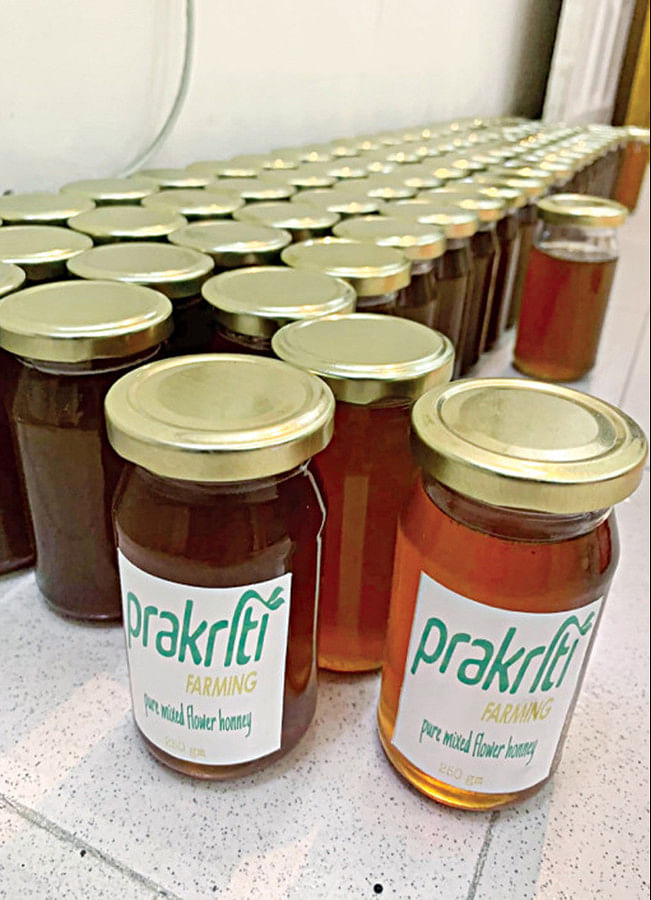
WHAT'S ON THE ORGANIC PLATE?
While "organic" can be a vague term, in the Bangladeshi context, it often refers to food grown without synthetic pesticides, preservatives, or artificial hormones -- and more recently, food produced in closed-loop, environmentally conscious systems.
"Our most in-demand products are hydroponic vegetables: multi-coloured capsicum, cherry tomatoes, eggplants, even honeydew melons," explains Abdullah Al Hussain, head of E-commerce and Digital Marketing at Paramount Agro Limited. "All are grown in temperature-controlled greenhouses using clean water-based nutrition."
Launched first for in-house consumption within the Paramount Group, the company's clean food initiative quickly expanded into a commercial venture.
O'Natural now supplies hydroponically grown produce, raw honey, and preservative-free sweets -- all produced in controlled environments and delivered fresh.
"We started this journey not for business, but for our consumption," Hussain adds. "Later, seeing the potential, we went commercial. But even now, we stick to the core idea, offering clean, daily-produced food without preservatives."
Ashna Afroze Ahmed, founder of Prakriti Farming, points out that fruits and vegetables are always top of the list, especially during seasonal periods.
"People always look for them, mangoes, lychees, leafy vegetables, and grains like black cumin or brown rice. Also, free-range chicken and pure cow's milk, ghee, mustard oil -- these are among the most popular organic items that people order."
Consumers in this space are no longer passive. They research, compare, and often rely on social media and trusted networks to validate the sources of their food.
One of the biggest hurdles for any organic food seller in Bangladesh is navigating a saturated and unregulated market. With few official certification systems, anyone can claim their products are "organic", and many do.
For consumers like Mehjabin Islam, a 32-year-old working professional in Dhaka, that trust develops over time.
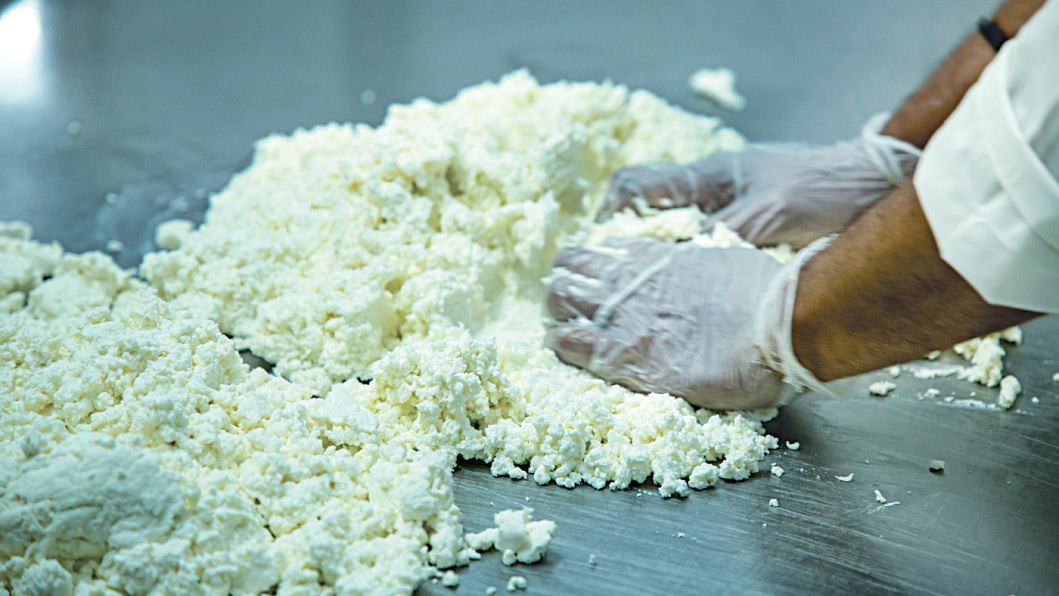
"I started small… just tried a few vegetables from an organic vendor a friend recommended. But over time, I noticed the taste, the freshness, and how I felt after eating them," she shares. "Now I regularly buy from two sellers I trust. It's not cheap, but I know I'm paying for real food, not marketing."
In a space where anyone can claim "organic," brands that provide visible proof -- photos of their farms, detailed sourcing info, or consistent product quality -- build a loyal customer base. Without institutional safeguards, this kind of accountability remains the only currency that works.
DEMAND IS RISING, BUT SO ARE THE QUESTIONS
"The demand for organic food is definitely increasing," says Hussain. "Compared to when we first started, the difference is huge. Now we can't even meet the production capacity according to demand," he adds.
Yet, with this rising interest comes scepticism. Not every label that claims to be organic truly meets the standards. Without regulatory certification, the market has become cluttered with sellers making unverified claims, and customers are left trying to decipher which sources to trust.
"Everyone is claiming to be organic now," Hussain continues. "But how many are truly following organic standards? The term has become diluted because there are no strong checks. Real organic farming requires distance from pollution sources like textile or chemical factories -- how many follow that?"
Afroze of Prakriti Farming echoes this concern from a seller's perspective. "Customers are interested, yes, but they're also cautious. They often ask, 'How do I know this is really organic?' That's where transparency comes in. We try to answer with honesty and show them what goes into the process, from seed to delivery. The trust must be earned every time," she elaborates.
The result is a dual challenge for ethical producers: not only do they have to ensure quality, but they must also constantly educate, convince, and retain a customer base that's more informed, yet wary. As the market expands, this question of authenticity will only grow louder, pushing sellers to be more transparent and urging policymakers to step in with standardisation.
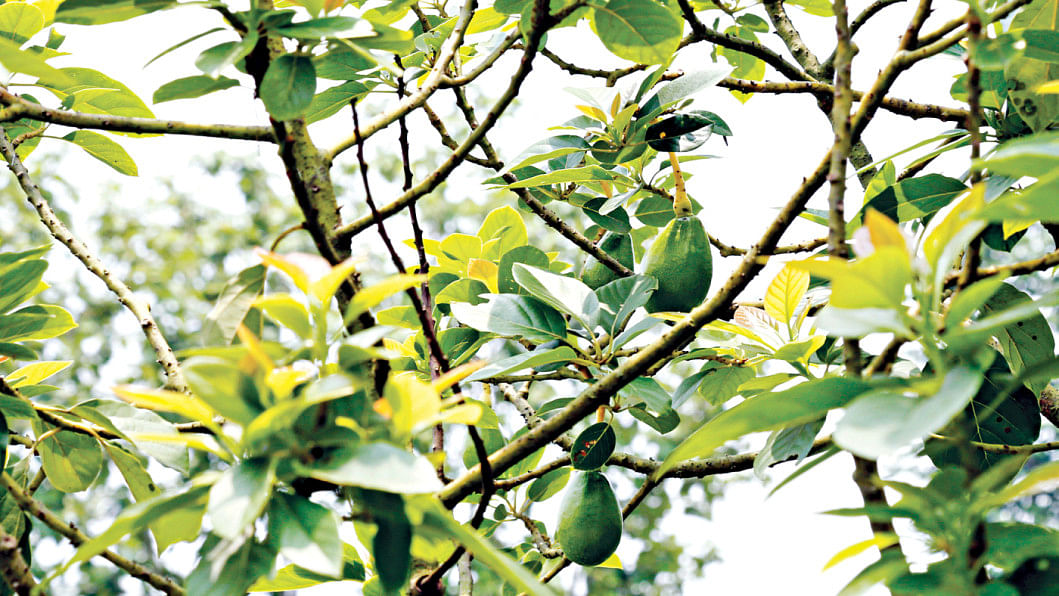
The cost of staying clean
But good food doesn't come cheap, especially when grown ethically. Both Afroze and Hussain agree that cost is a defining challenge in sustaining and scaling clean food production.
"True organic farming, especially greenhouse-based, has high production costs," says Hussain. "But the market is flooded with cheaper products that claim to be organic without actually being so. Our prices don't match those, but our practices are real."
Afroze echoes this concern. She says, "To minimise this cost, I'm not sure if it's possible right now. We are losing a lot of people because of that. Maybe public or private sector help can bridge that gap."
She emphasises that if clean food is to reach more people, not just Dhaka's middle or upper class, then affordability and infrastructure must be addressed.
AWARENESS AS THE TIPPING POINT
In terms of growth, both sellers are cautiously optimistic.
"This market may dip when people realise not all 'organic' is genuine," Hussain admits. "But in the long run, awareness will grow. People are becoming more conscious, and that will create a stronger, more honest organic food market."
Afroze agrees. "In Bangladesh, the demand for organic food has increased significantly, especially in urban places like Dhaka and Chittagong. I think the adulteration in food has pushed this kind of shift."
In short, the organic food movement in Bangladesh is still young and fragmented, but undeniably growing. It's not driven by luxury, but rather by the fundamental right to eat clean, safe food.
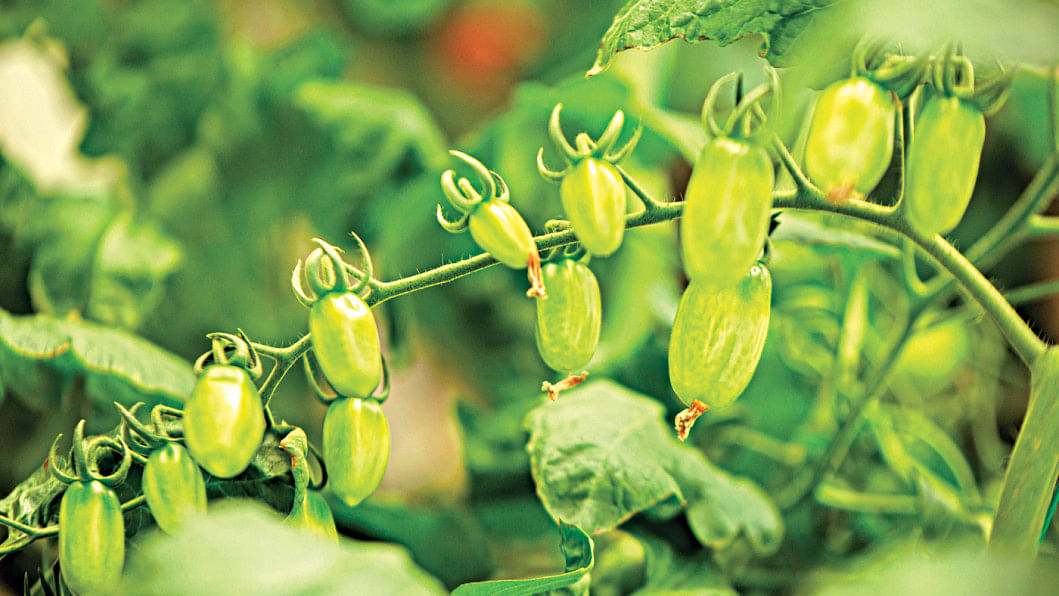
From farm-to-table startups to hydroponic pioneers, from subscription vegetable boxes to preservative-free sweets, the industry is finding its footing, often without institutional help. What sustains it is trust, education, and a growing public consciousness about what's at stake.
As urban Bangladesh wakes up to the reality of what's on its plate, the organic shift may be more than a trend – it may be the beginning of a food culture that values integrity over illusion, and quality over quantity.

 For all latest news, follow The Daily Star's Google News channel.
For all latest news, follow The Daily Star's Google News channel. 


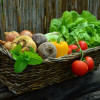
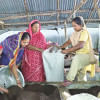
Comments